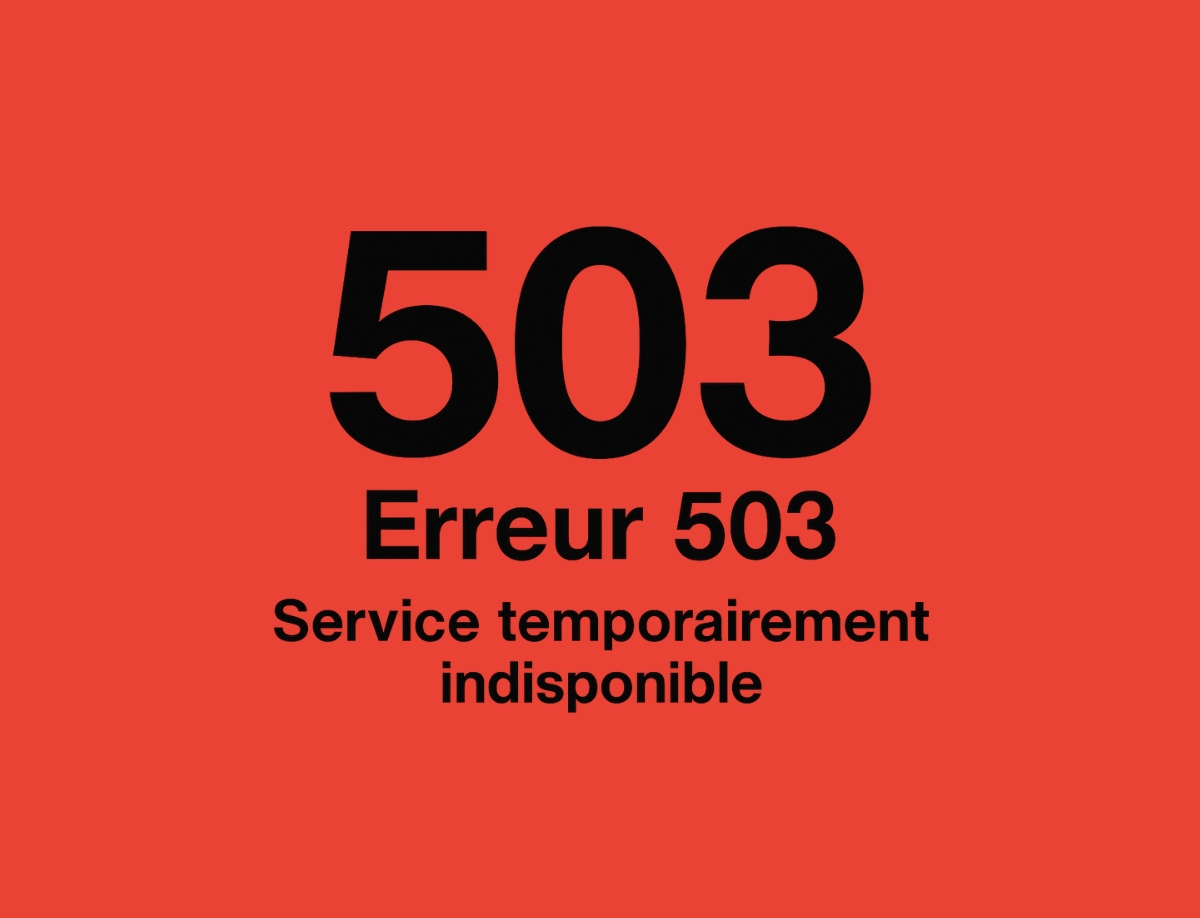Since the application of law 25 In Quebec, any company with a Web site must comply with strict standards regarding the collection and protection of personal data. As a result, every piece of information you collect must be managed responsibly. Not only to comply with the law, but also to establish a climate of trust with your users through a privacy policy law 25 compliant.
In addition, a privacy policy law 25 is more than just a legal requirement. It reflects your values and shows that you place data security at the top of your priorities. At The WebixWe know that a clear, accessible policy strengthens your brand's credibility while meeting the expectations of your visitors.

Why does your company need a Bill 25 privacy policy?
Rising concerns about personal data
In a context where privacy is a major concern, your users expect to understand how their personal information is used. As a result, a clear policy gives them this visibility, while showing that you are worthy of their trust.
What is a privacy policy?
Simply put, it's an essential document detailing how your company collects, uses and protects personal data. Accessible from your website, usually via a link in the footer, this policy :
- Explains the types of data collected, such as e-mail addresses or IP addresses.
- Describes the purposes for which the data is used.
- Describes security measures to protect information.
- Inform users of their rights, such as access to or deletion of their data.
This policy is not just informative. It acts as a strategic tool for establishing a climate of trust with your visitors.
A pillar of trust
With growing mistrust of digital technologies, a solid privacy policy is becoming a strategic asset. It reassures your users while consolidating your brand image as a serious and responsible company.
The legal bases you need to know
Bill 25: a strict framework in Quebec
This legislation requires that any company that collects personal information through a website must :
- Clearly indicate what information is collected.
- Explain what the data will be used for.
- Specify how to withdraw consent or modify preferences.
Failure to comply with these requirements can ultimately result in significant penalties, jeopardizing your reputation and your finances.
RGPD for international companies
If your company targets customers in Europe, the General Data Protection Regulation (RGPD) applies. This regulation imposes even stricter standards, such as the right to be forgotten or the obligation to clearly inform users. As a result, failure to comply can have significant financial consequences, as well as tarnishing your credibility with an international audience.
Inspired by a compliant policy model
A Sample privacy policy law 25 can serve as a useful guide for structuring your document. Among other things, this will enable you to meet legal requirements precisely, while ensuring a clear, professional presentation.
The essential elements of a privacy policy law 25
To meet the expectations of users and regulators, your policy must include several key elements:
Company information and data collection
- Information about your company Name, contact details, and a short description of your business. Example: The Webix, located at 1290 Bd Roland-Therrien, Longueuil, QC J4J 5H4
- Business description: In a few words, describe the services or products your company offers. For example, "Digital solutions specialist, including website design, SEO optimization and online advertising campaign management."
- Types of data collected : Specify the personal information you collect. For example, "We collect information such as first name, last name, email address, phone number and IP address."
- Purpose of collection : Explain the purposes of data collection. For example, "This information is used to respond to customer inquiries, track interactions and improve our services."
- Means of collection : Describe the tools or methods used to collect this data. For example, "Information is collected via web forms, emails, phone calls or digital platforms."
Rights, data retention and security
- Access and rectification rights : Mention users' rights under data protection laws, including the right to access or correct their information.
- Withdrawal of consent : Indicate how users can withdraw their consent for the use of their personal information at any time.
- Data communication : Explain the circumstances in which information may be shared with third parties. For example: "Data may be disclosed in connection with legal obligations or legal proceedings."
- Shelf life : Indicate how long you keep personal information. For example: "Contact data is kept for 5 years, and newsletter subscriber data for 2 years."
- Safety measures : Detail the safeguards in place to secure the data collected, such as encryption, firewalls or restricted access.
- Responsible for data protection : Add the contact details of a person or department dedicated to answering questions or requests concerning data management.
- Effective date : Specify the date on which the policy is applied and how it will be regularly updated.
- Use of cookies : Mention whether you use cookies to analyze user behavior. For example: "We use cookies to improve the user experience and analyze data via tools like Google Analytics."
- Response to "Do not track me" requests: Indicate whether your site respects the "Do Not Track" functionality. For example: "We respect the activation of the "Do Not Track" option in the user's browser."
A well-structured policy demonstrates your seriousness and reassures your users.
How do you write a clear, simple policy?
For your policy to inspire confidence, it must be easy to understand. Here are some practical tips:
- Use clear language Avoid complex legal terms, preferring simple, straightforward sentences.
- Structure your text Organize your content with distinct headings and subheadings.
- Underline the important points Use bold to draw attention to essential sections.
- Make your policy easy to find For example, add a link to your site's footer.
By applying these principles, you facilitate understanding and create total transparency.
Securing data and giving users control
Protecting sensitive information
Your policy must detail how you ensure data security:
- Encryption of sensitive information.
- HTTPS protocols to protect communications.
- Firewalls and regular audits to prevent security breaches.
Give your visitors complete control
Your users need to be able to manage their information easily. For example:
- Modify their cookie preferences.
- Delete their data or account.
- Access their information to verify or correct it.
So, by offering them this control, you reinforce their confidence and satisfaction.
Update your privacy policy regularly
With changing laws and technologies, it's crucial to keep your privacy policy up to date. To do so, please :
- Keep an eye out for legislative changes, such as updates to Law 25 or the RGPD.
- Consult legal experts if necessary.
- Inform your users as soon as a change is made, for example via e-mail or a message on your site.
Why invest in a Bill 25 privacy policy?
Creating a well-structured privacy policy that complies with Law 25 goes far beyond a simple legal obligation. It demonstrates your commitment to transparency and data protection. A sample privacy policy law 25 is a practical starting point for structuring a clear, reassuring document.
At The WebixWe believe that a well thought-out policy strengthens your credibility and improves your relationship with your users. So don't hesitate to contact us for personalized assistance in making your compliance a real strategic asset.








